| Ministry of Industry and Trade announces warning list of products at risk of trade defense investigation Early warning, reducing the risk of trade defense investigation for businesses |
To support businesses to be more proactive in handling and responding to foreign trade defense investigations, the Prime Minister issued Decision No. 316/QD-TTg dated March 1, 2020 approving the Project on Building and Effectively Operating the Trade Defense Early Warning System (Project 316).
Up to now, through early warning work, the Ministry of Industry and Trade has promptly approached businesses in the industry to provide information, helping businesses understand the principles and investigation processes; the work businesses need to do; and possible scenarios.
Mr. Chu Thang Trung - Deputy Director of the Department of Trade Defense, Ministry of Industry and Trade had a discussion on this issue.
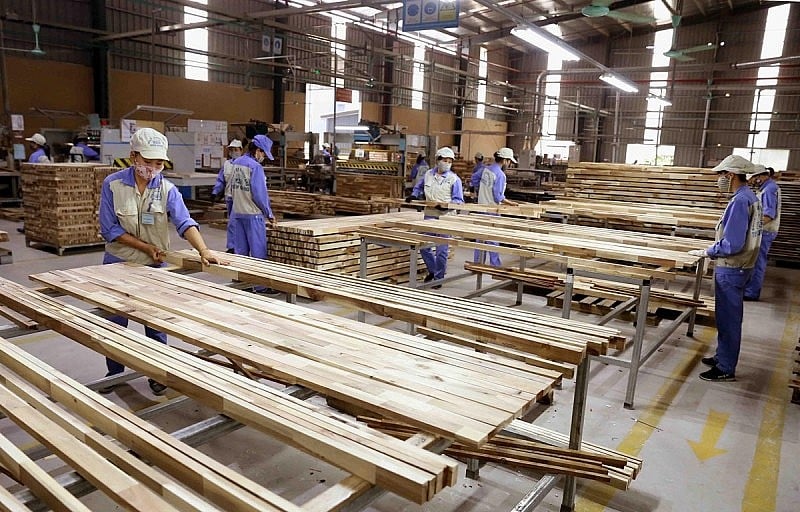 |
| The Ministry of Industry and Trade is always ready to support and accompany businesses in trade defense cases. Photo: VNA |
Sir, how is the operating mechanism of early warning activities being implemented?
Trade defense is a very popular measure that economies and member countries of the World Trade Organization (WTO) regularly apply in global trade exchanges. As Vietnam's export turnover increases and increases at a very fast rate, the question is how to handle and support businesses in responding to trade defense investigations in a focused, key way and providing the right support for export industries to high-risk markets. This is also an issue when building an early warning system.
Accordingly, regarding the operating mechanism of the early warning system, first we will have to observe and monitor all trade activities between countries in the world that have generated trade defense investigations, with which industries of all countries, not just Vietnam. On that basis, we will narrow down the scope and evaluate which of the goods and products have been investigated and applied trade defense measures; at the same time, monitor whether our export activities of those goods are growing rapidly, have large turnover and have a significant market share in the import market?
In addition to collecting and analyzing such information data, the early warning system also relies on other sources of information that we have. For example, information sent back from the system of more than 60 transactions in our main export markets related to risks, the possibility of trade defense investigations, conflicts between our export goods and goods in the local market.
We also use the system of partners, agencies and organizations in the field of trade defense to get similar information very early on whether any of our export products are likely to be subject to trade defense investigation or not? Based on the synthesis of all such information, we evaluate based on certain criteria to periodically issue a list of products at risk of being subject to trade defense investigation to notify localities, businesses, associations and even state management agencies to prepare in advance in terms of mindset and resources so that when that risk actually occurs, we can handle it more effectively, minimizing the negative impact on our export products.
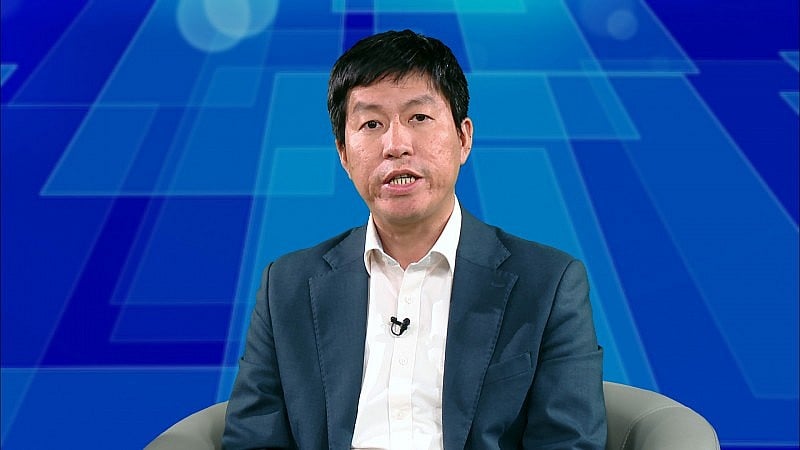 |
| Mr. Chu Thang Trung - Deputy Director of Trade Defense Department, Ministry of Industry and Trade |
After a period of implementation, what initial results have been achieved from these early warning activities? In particular, how have these activities supported Vietnamese enterprises to maintain their advantages, sir?
After the Prime Minister's Decision 316, we have continued to upgrade and improve based on the existing premises on warning of goods at risk of being investigated for trade defense and built a relatively complete system. This system is currently monitoring about 170 of our export goods to markets, including many major export markets, which are also markets that regularly have trade defense investigations, such as the United States, EU, Canada, Australia, India, etc.
During that process, we periodically filter out high-risk products that are likely to be subject to trade defense investigations. This list is updated regularly, and to date, there are products that, after we have issued warnings for a while, have in fact been subject to trade defense investigations by some markets against our products. On that basis, we immediately notified businesses, approached businesses to provide information, and discussed in advance with businesses and associations about the possibilities, risks, and work that businesses need to prepare in advance.
At the same time, we also recommend that businesses, when participating in cases, need to be active and proactive. When the importing country conducts an investigation, they will still have conclusions that affect our exports, but the level of impact and influence will be greatly reduced. For example, in some of our anti-avoidance cases, with active and proactive participation, many businesses have enjoyed the self-certification and self-confirmation mechanism. With this mechanism, the business's exports to that target market are basically not affected much.
From the perspective of a state management agency, what recommendations do you have for the business community in taking advantage of early warning information sources to limit risks and respond more effectively to trade defense cases in foreign markets?
In trade defense cases, especially those in the past, according to our observations, our exporting enterprises are affected not because we have unfair competition behaviors but because the enterprises do not fully understand the rights and obligations they must perform. Due to the mentality of hesitation and fear of cooperation, fear of providing information as requested by the investigation agency, as well as not fully meeting the requirements and regulations on time limits. And because of not cooperating, not fully cooperating, the investigation agency uses other data. That data is often very disadvantageous to the exporting enterprise.
From that reality, the early warning system provides early, remote warnings so that businesses have time to prepare in advance. During that preparation time, we recommend that businesses do the following:
Firstly , once the risks to their products exported to a certain market have been identified, businesses need to learn and grasp basic information and knowledge about trade defense and trade defense regulations to understand the rights and obligations of businesses in trade defense cases. These contents include the laws of the host country on trade defense; the principles of investigation and application of common trade defense measures in the world as reflected in the agreements of the World Trade Organization...
Second , businesses also need to determine a mindset that when that risk actually occurs, they need to consider proactively participating, proactively preparing and providing information as requested by the investigation agency in a complete, accurate and timely manner. That is the opportunity that the investigation agency of the importing country provides us to protect our legitimate interests.
Third , once the risk has been identified, the enterprise must prepare in advance the enterprise management system, review and re-check the accounting system, the system of books and documents, etc. to ensure that the enterprise's accounting system is complete, accurate, scientific, traceable and verifiable. When an incident occurs, we must provide our information, and the investigation agency may also come to verify that information, so the enterprise's books and documents are a very important issue.
Fourth , businesses also need to coordinate, through the gathering of associations, to share information and deal with common risks. Industries have taken such steps, such as aluminum, steel, seafood, etc. The Department of Trade Defense, Ministry of Industry and Trade is always ready to support and accompany businesses in consulting and sharing information to help businesses prepare the necessary capacity in advance.
Finally , through risk assessment, businesses should redefine their business strategy to be balanced and harmonious, avoiding "putting all eggs in one basket". A market can be said to be the main export market of the business, bringing great benefits, but in the context of many risks of trade defense without a plan B, alternative plan or some solution, it will also be very risky for the business.
Could you please tell us what the Ministry of Industry and Trade's orientation is in the coming time to improve the effectiveness of early warning work as well as better support businesses and organizations in responding to trade defense measures in foreign markets?
Firstly , we have been, are and will continue to do is to equip and improve knowledge about trade defense for businesses. In particular, based on information from the early warning system, we will do this in a focused and key manner, focusing on industries and sectors with high risks. We will directly contact associations and coordinate with VCCI units and localities to organize knowledge sharing sessions, information about trade defense, about the early warning system to raise awareness for the business community and industry associations.
Second, for the early warning system, based on the results achieved, we have plans to further expand it, possibly warning with the most updated information in other markets, in addition to the markets we have warned about such as the United States, Canada or Australia, to markets in Southeast Asia, Turkey, etc., where trade defense measures may appear.
Third , we will continue to accompany businesses and associations to provide more detailed advice and explanations on the steps and issues we must take to properly comply with the investigation processes and procedures of the importing country, thereby best protecting the rights and interests of Vietnamese businesses.
Currently, the Trade Defense Department has developed a number of specific guidelines on technical issues that we know businesses will encounter during the process of participating in investigation cases. For example, how to participate in a case from start to finish, including very simple things such as how to submit documents to foreign investigation agencies correctly, sufficiently, and validly, etc.
Fourthly , in the process of accompanying businesses, we will also continue to monitor the investigation process and activities of foreign investigation agencies to ensure that the investigation process and activities comply with their legal regulations and comply with the principles and regulations of the World Trade Organization. If there are any issues that we find inappropriate, the Ministry of Industry and Trade and the Department of Trade Defense will also have exchanges in many forms with foreign investigation agencies to best protect the rights and interests of Vietnamese businesses.
Thank you!
Source link








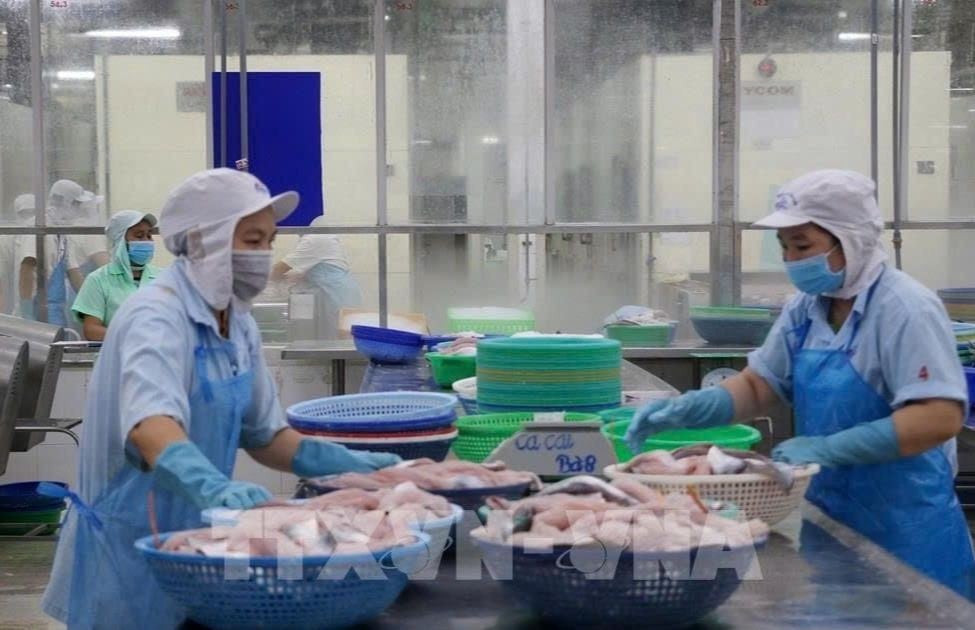

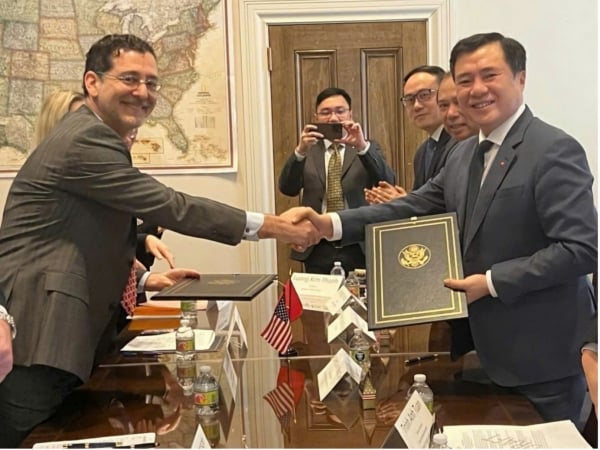
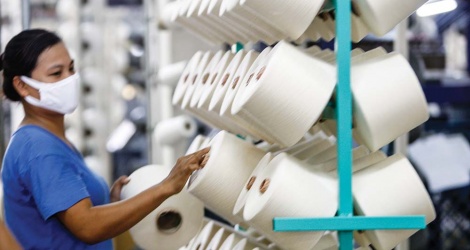

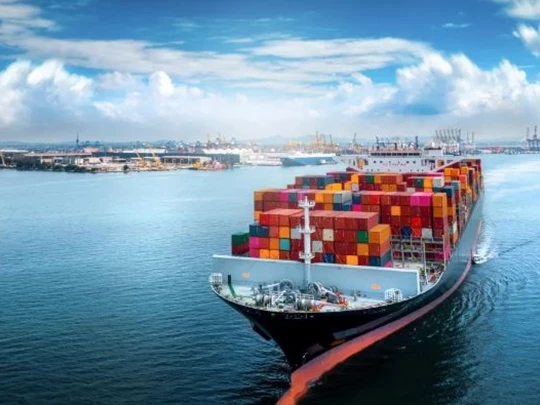

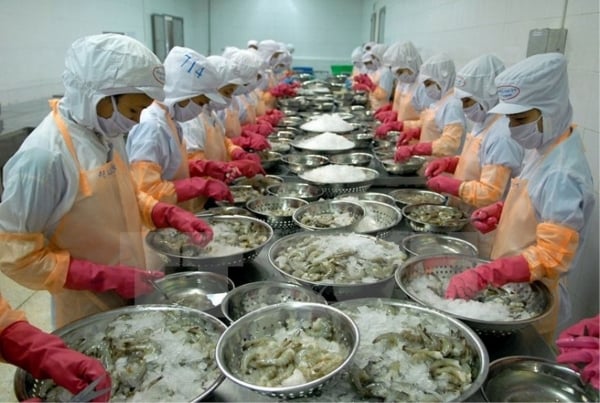

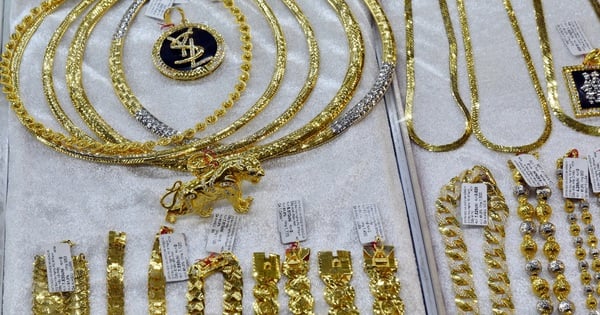


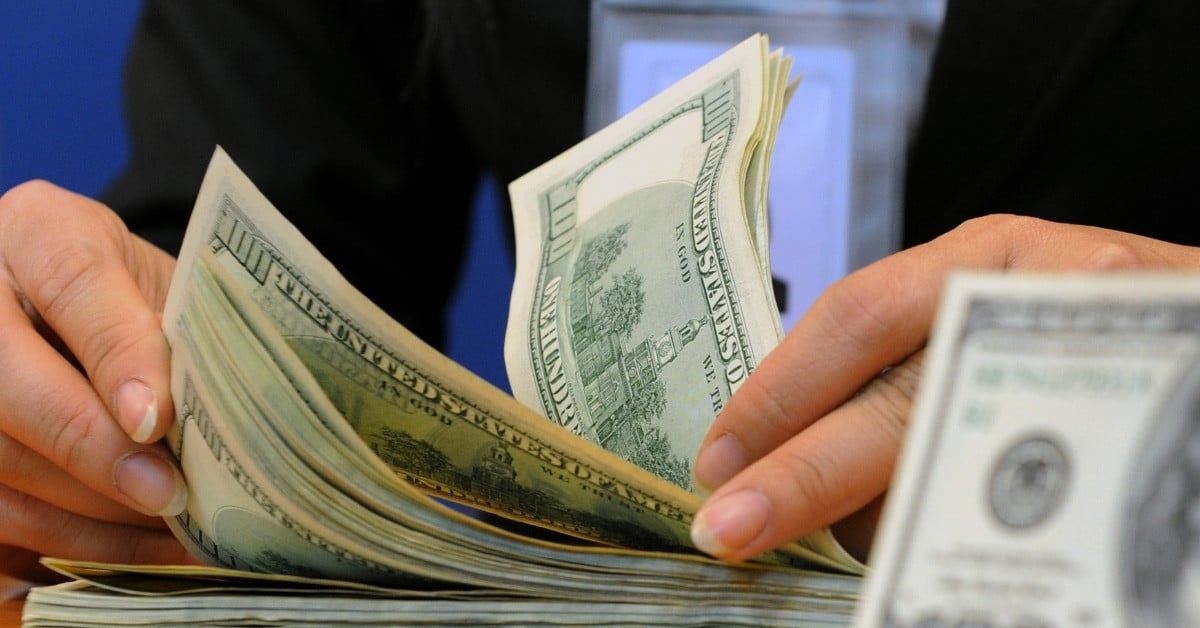




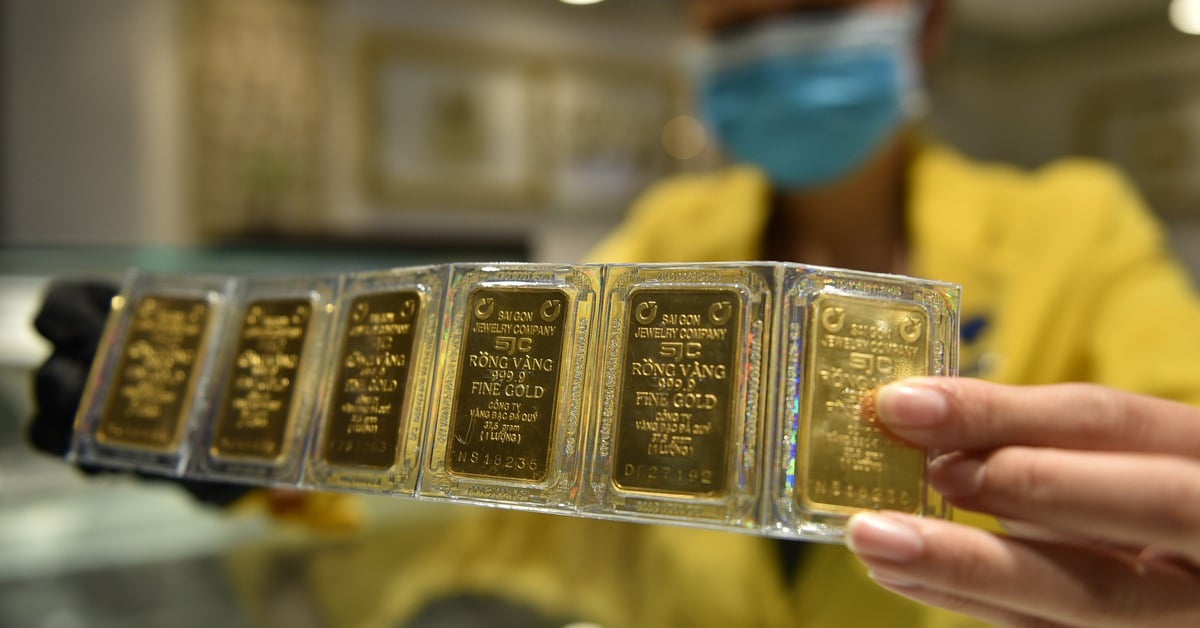


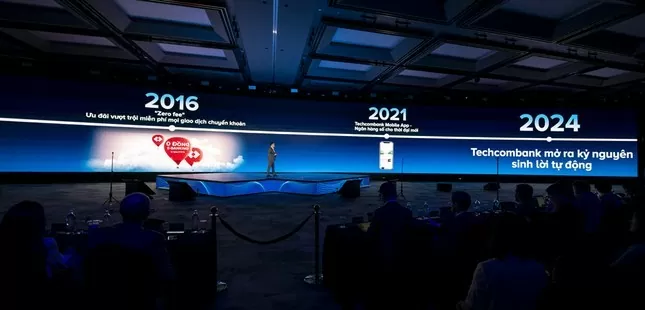
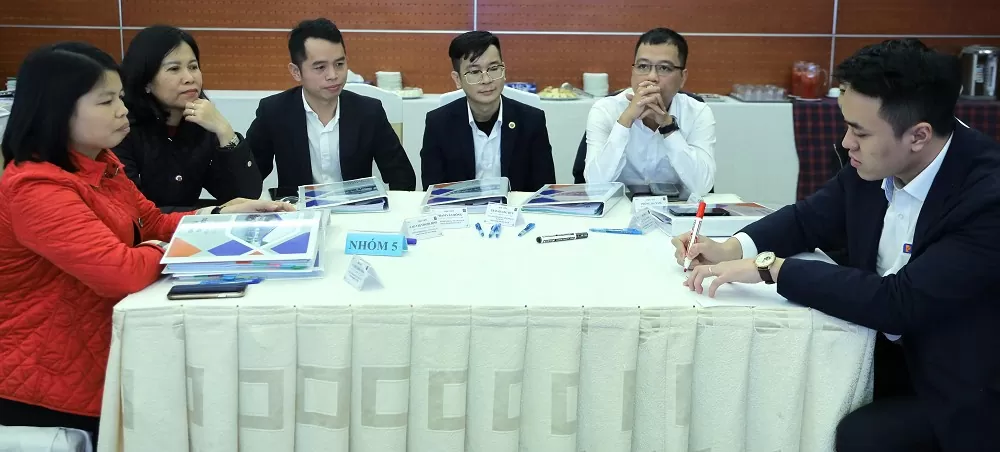

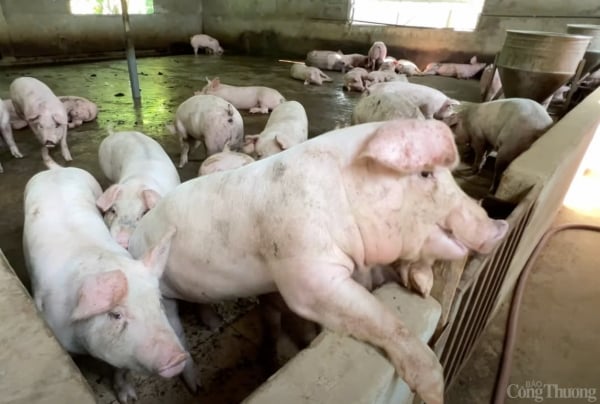
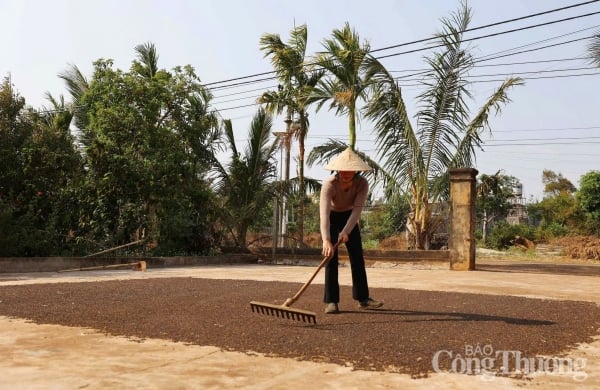
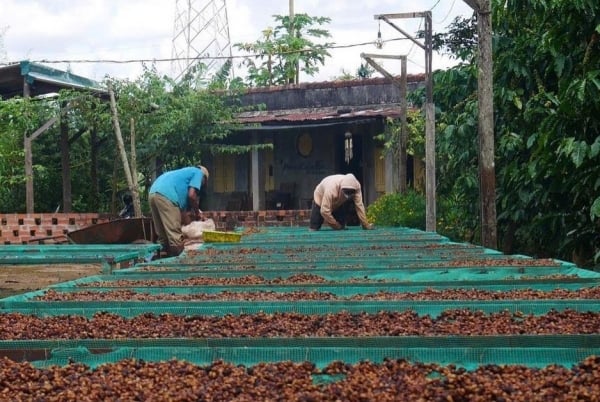







![[Photo] Prime Minister Pham Minh Chinh chairs Government Conference with localities on economic growth](https://vstatic.vietnam.vn/vietnam/resource/IMAGE/2025/2/21/f34583484f2643a2a2b72168a0d64baa)



























































Comment (0)